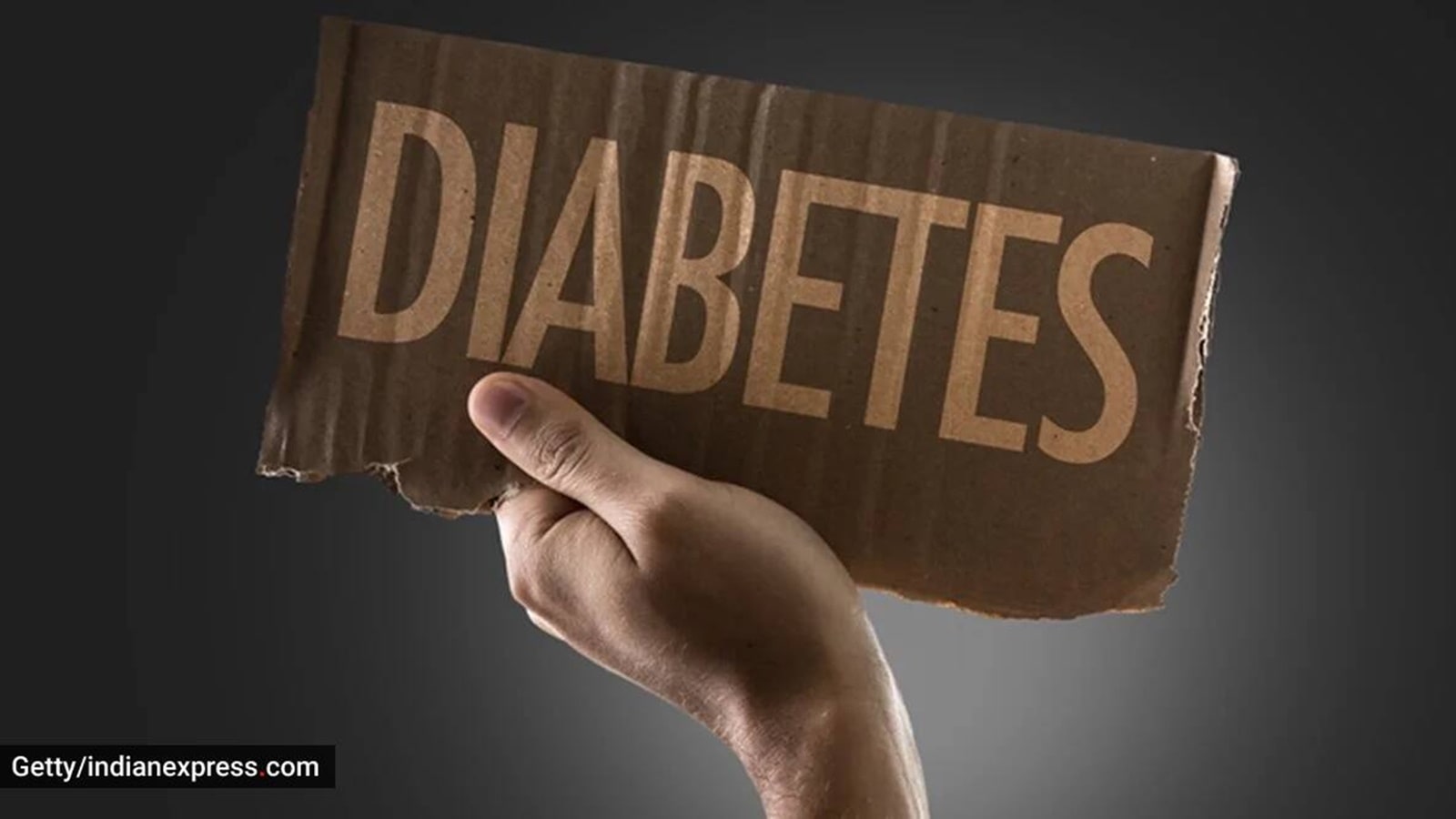📣 For more lifestyle news, click here to join our WhatsApp Channel and also follow us on Instagram
Consuming this modern diet staple causes 2.2 million diabetes cases worldwide every year
Developing regions such as Sub-Saharan Africa, Latin America, and the Caribbean showed particularly alarming numbers
 A new study finds that sugary drinks contribute to 2.2 million cases of type 2 diabetes and 1.2 million cases of cardiovascular disease annually. Experts explain the risks and how to cut back. (Source: Freepik)
A new study finds that sugary drinks contribute to 2.2 million cases of type 2 diabetes and 1.2 million cases of cardiovascular disease annually. Experts explain the risks and how to cut back. (Source: Freepik)Sugary drinks have long been a staple of modern diets, but new research highlights just how damaging they can be to global health. A study published in Nature Medicine by researchers at Tufts University’s Gerald J. and Dorothy R. Friedman School of Nutrition Science and Policy estimates that 2.2 million new cases of type 2 diabetes and 1.2 million new cases of cardiovascular disease occur each year due to sugar-sweetened beverage (SSB) consumption.
This large-scale study analysed data from 184 countries over 30 years (1990–2020) and found striking differences in how these beverages affect different populations, according to a press release. Notably, men, younger adults, higher-educated individuals, and urban dwellers are at a higher risk. Developing regions such as Sub-Saharan Africa, Latin America, and the Caribbean showed particularly alarming numbers, with sugary drinks contributing to over 21% of new diabetes cases in Africa and nearly 24% of new cases in Latin America.
But why exactly do sugary beverages pose such a severe threat, and what steps can individuals take to protect their health?
How sugary beverages contribute to diabetes and heart disease
According to Dr Manisha Arora, Director of Internal Medicine at CK Birla Hospital, Delhi, sugary drinks are dangerous because they deliver high amounts of sugar with no nutritional value.
Unlike whole foods that contain fibre and essential nutrients, sugary beverages are rapidly absorbed into the bloodstream, causing blood sugar spikes. This not only increases the risk of insulin resistance—a precursor to type 2 diabetes—but also leads to weight gain, a significant risk factor for both diabetes and cardiovascular disease.
 According to Dr Manisha Arora, Director of Internal Medicine at CK Birla Hospital, Delhi, sugary drinks are dangerous because they deliver high amounts of sugar with no nutritional value. (Photo: Getty Images/Thinkstock)
According to Dr Manisha Arora, Director of Internal Medicine at CK Birla Hospital, Delhi, sugary drinks are dangerous because they deliver high amounts of sugar with no nutritional value. (Photo: Getty Images/Thinkstock)
Beyond diabetes, sugary drinks negatively impact heart health. They contribute to:
- High blood pressure – Excess sugar increases sodium retention and raises blood pressure.
- Unhealthy cholesterol levels – Sugary drinks are linked to higher LDL (“bad” cholesterol) and lower HDL (“good” cholesterol) levels.
- Increased inflammation – Chronic inflammation is a well-documented driver of heart disease.
- Obesity and metabolic syndrome – Weight gain from excess sugar raises the risk of cardiovascular disease.
- Dental decay and cavities – Sugary drinks fuel bacterial growth, leading to tooth decay.
- Weakened bone health – Phosphoric acid in sodas interferes with calcium absorption, raising osteoporosis risk.
- Artificial sweetener concerns – Diet sodas are often viewed as healthier alternatives, but artificial sweeteners may increase metabolic disorders and cancer risks.
A striking statistic from the study found that each additional serving of SSBs increases the risk of type 2 diabetes by approximately 18%. With global SSB consumption on the rise, these findings underscore an urgent need for action.
Kanikka Malhotra, Consultant Dietician & Diabetes Educator, warns that people with pre-existing conditions—such as diabetes, heart disease, obesity, and osteoporosis—should strictly avoid sugary drinks. Pregnant women and children should also limit their intake to prevent long-term health issues.
How to reduce sugary beverage consumption
To curb the health risks associated with sugary drinks, both Dr Arora and Malhotra recommend:
✔ Opting for water, herbal teas, or infused water instead of sodas and juices.
✔ Reading labels carefully – Even “healthy” drinks like flavored milk, bottled iced teas, and energy drinks often contain high amounts of sugar.
✔ Replacing sugary sodas with naturally flavored sparkling water to satisfy carbonation cravings.
✔ Gradually cutting back – Reducing sugar intake over time helps the body adjust.
✔ Educating children – Encouraging kids to develop healthy drinking habits early on can prevent future health problems.
DISCLAIMER: This article is based on information from the public domain and/or the experts we spoke to. Always consult your health practitioner before starting any routine.
📣 For more lifestyle news, click here to join our WhatsApp Channel and also follow us on Instagram





- 01
- 02
- 03
- 04
- 05






















